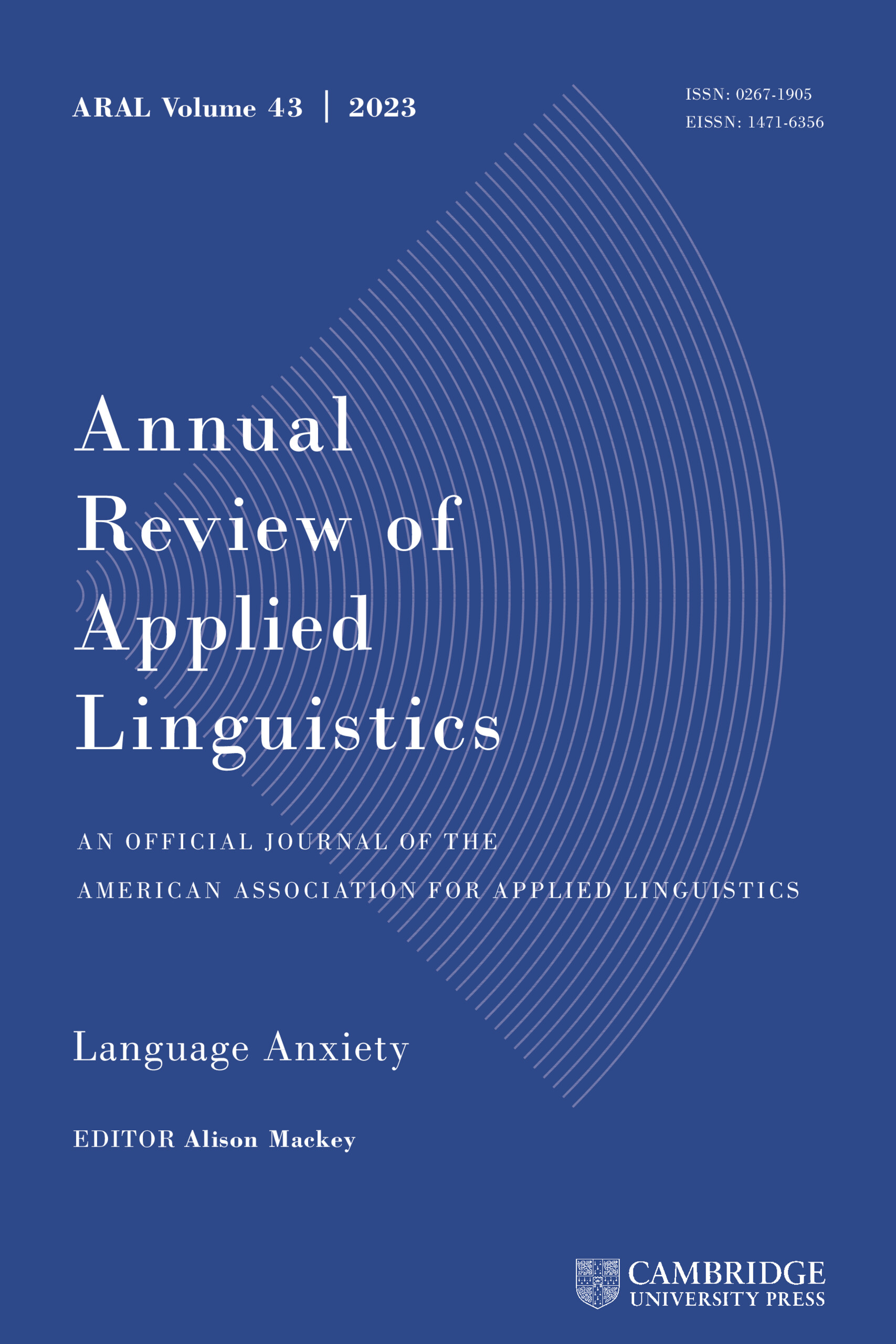Article contents
WHY THE TAIL WAGS THE DOG: THE PERNICIOUS INFLUENCE OF PRODUCT-ORIENTED DISCOURSE ON THE PROVISION OF EDUCATIONAL TECHNOLOGY SUPPORT
Published online by Cambridge University Press: 28 March 2008
Abstract
Instructors and instructional technologists who promote the adoption of educational technology commonly participate in a discourse pattern focused on technology products, software, and services. Considered in terms of Rogers's (2003) diffusion of innovations model, the technologist works as a change agent, and the innovations in question are the adoption of technology products. When pressed, most instructors and technologists acknowledge that the innovations of interest more properly revolve around changes in our instructional designs, yet the vocabulary of common discourse remains product-oriented. This article describes the pernicious influences of this product-oriented pattern of discourse on the organization and provision of educational technology support services, as well as some of the driving forces that make it hard to talk about educational technology in terms of innovations in teaching.
- Type
- Research Article
- Information
- Copyright
- Copyright © Cambridge University Press 2008
References
ANNOTATED REFERENCES
WEB SITES
OTHER REFERENCES
- 5
- Cited by




